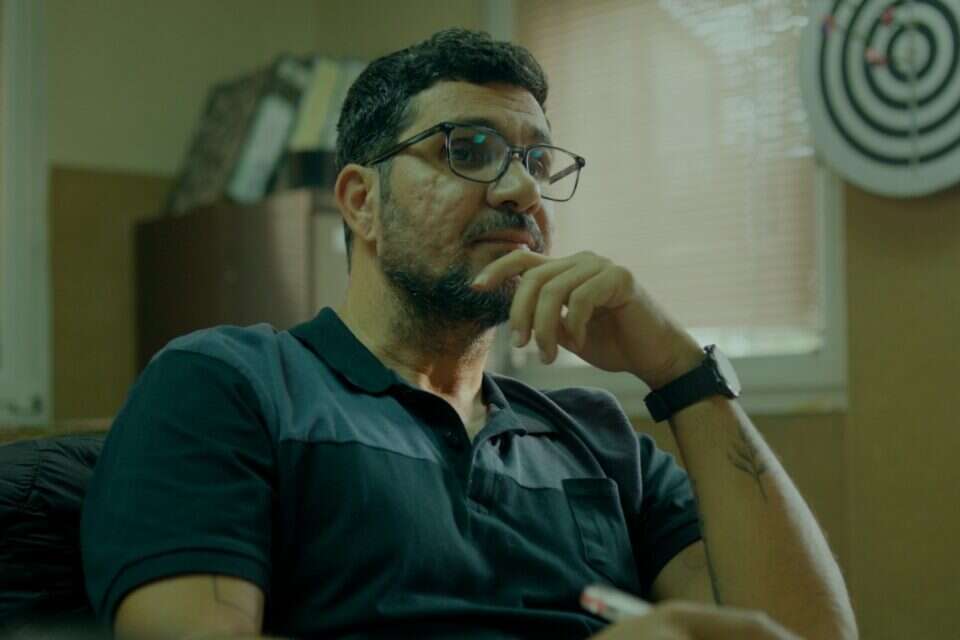In the new thriller series "4:20" (HOT), Shlomi Koriat plays Sarel, a senior investigator who leads an investigation into cannabis theft. Later on, his character becomes rounder, and conflicts from her life also become part of the plot, which centers on parents trying to obtain for their daughter a strain of cannabis that is essential for the continuation of her normal life.
Coriat could play quite a few characters in the series, which will remind many of the beloved "Asfur", but he chose to play the honest representative of the law. Considering that in the series "East Side," which premiered a few months ago, he plays a Shin Bet agent, it can be declared that the man behind "Father of the Spleen," the real star of the mythological Israeli mafia series "The Arbitrator," has taken the right path.
But collective memory, it turns out, can be deceptive. "I switched sides," he says with a laugh. "The truth is that when I heard about the series, I actually thought I'd go do the Bad Guy role in it, because that's what was talked about at first. And suddenly Jonathan Bar-Ilan, the director of the series and a friend of mine, talked to me about the role of the policeman, which is the complete opposite of what I thought I would do in it."
Many associate you with criminal characters, but the list of criminals you played is not very long.
"I always say I've only played one offender. Among all the roles I did was only the father of the spleen, and it became fixed in people's memory. Today, if I get offers to play some criminal, it has to be something very special. He has to be a different kind of criminal, from another world, that I'm interested in doing. If it's not challenging, I don't get into it."
"I thought I'd do the Bad Guy part." Coriat, photo: from "4:20", courtesy of HOT
"4:20" brings a new angle on a story that could have been quite worn at this point: Assi and Nivi (divorced parents played by Oz Zehavi and Yuval Scharf) are trying to obtain cannabis for medical purposes, for their epileptic daughter - and not for enrichment purposes. And while the series still contains less pure elements in their intentions, it also carries a message about pharmaceutical companies in Israel, and how they create bureaucratic difficulties for those who need cannabis for treatment of chronic diseases.
"I think the series is a combination of the two," Coriat says. "You can't completely ignore the idea that there are drug dealers trying to make money from it, but the main thing about '4:20' is that there's material that helps people deal with medical problems. In the end, you have to remember that this is also a very fun series. She deals with something very relevant and important, but attacks it in a comic way. In the team we call it 'Candy' - because you see one episode and then want to see the other. She's like Munch."
"4:20" airs Tuesday-Thursday at 22 p.m. on HOT00, HOT VOD and NEXT TV.
Wrong? We'll fix it! If you find a mistake in the article, please share with us

